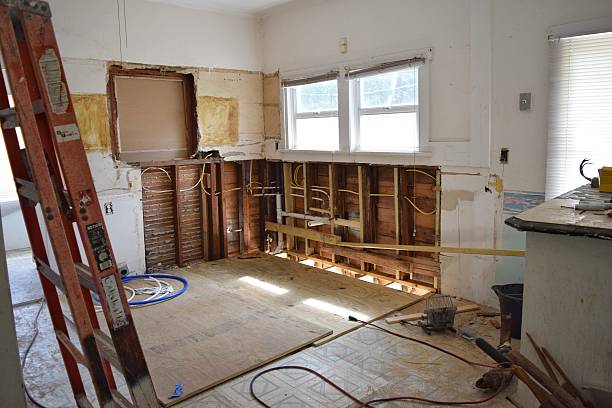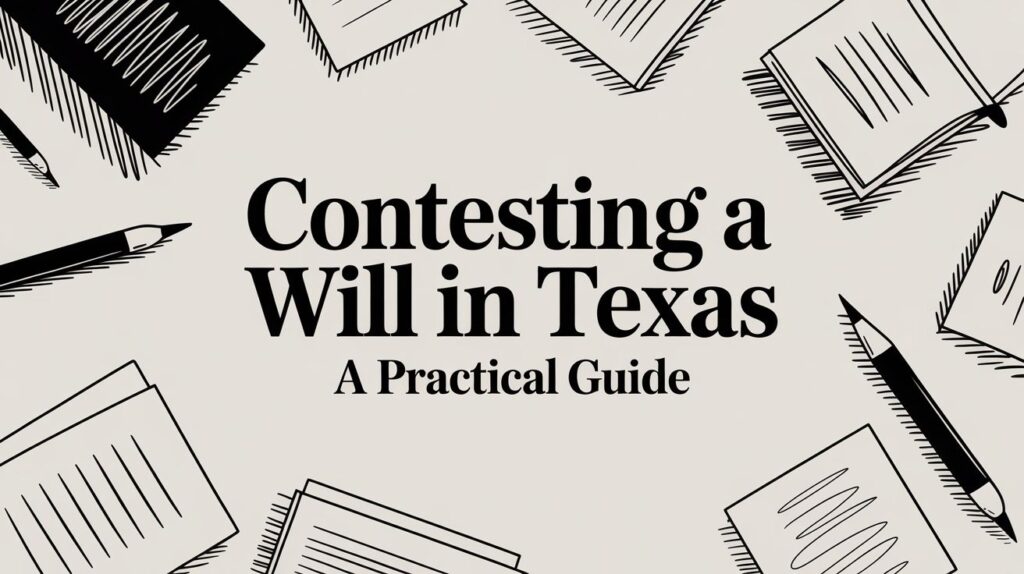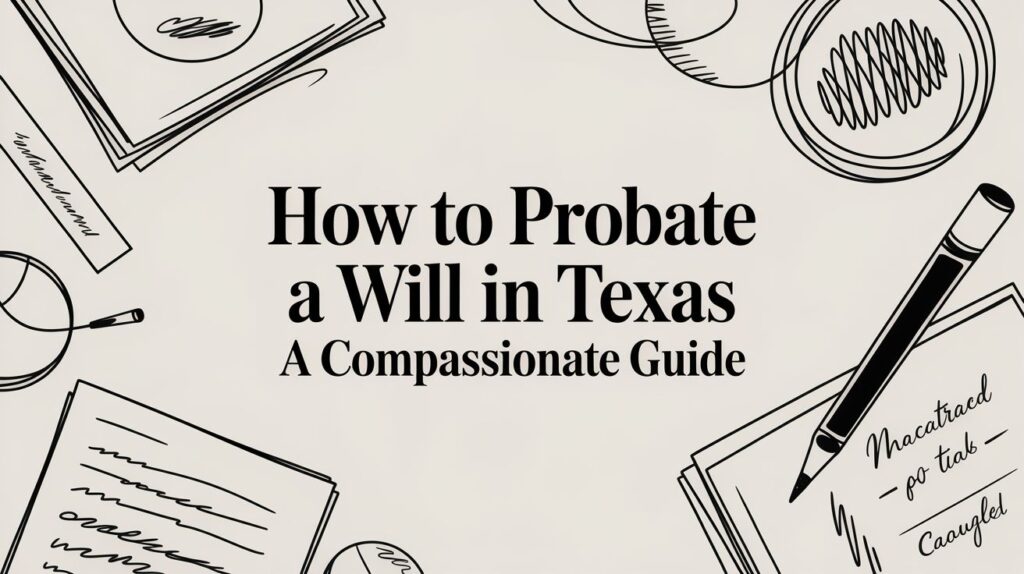Flipping houses is one of the most lucrative ways to make money in real estate, and Texas has become a prime destination for investors looking to turn old, distressed properties into profitable sales. With no state income tax, a fast-growing population, and a relatively low cost of living compared to other booming markets, Texas presents a wealth of opportunities for flippers eager to make quick sales and solid returns.
However, flipping is far more complicated than buying a rundown property, making a few cosmetic upgrades, and selling it for a profit. Texas, like every state, has strict real estate laws that govern everything from zoning regulations to contractor agreements. A single legal misstep—whether it’s an undisclosed foundation issue, a title dispute, or failure to get proper permits—can lead to costly delays, lost investment capital, or even lawsuits.
Many real estate investors, especially newcomers, focus solely on market trends and renovation budgets. They overlook the legal complexities that can make or break a deal. To succeed in Texas’ competitive flipping market, understanding the potential legal risks is just as important as knowing how to spot a great investment property.
Why Texas Is a Hotspot for House Flipping—And Why That Comes with Risks

The Texas real estate market has been on an upward trajectory for years. Cities like Austin, Houston, Dallas, and San Antonio are growing rapidly, bringing with them increased demand for housing. Investors flock to Texas for its business-friendly policies, lack of state income tax, and robust job growth. However, these same conditions create a highly competitive environment where the pressure to close deals quickly can lead to overlooked legal pitfalls.
Many flippers purchase properties at auctions or through foreclosure sales. They do this often without fully understanding title complications, outstanding liens, or hidden defects that can create major obstacles during resale. Others rush into renovations without securing the proper permits, only to find themselves facing legal battles with local authorities or upset buyers down the line.
Flipping houses successfully in Texas requires more than just a sharp eye for real estate. It also demands a thorough knowledge of the legal landscape.
The Hidden Dangers of Title and Ownership Issues
One of the most common mistakes in house flipping is assuming that purchasing a property automatically grants full, undisputed ownership. In Texas, title complications can arise after purchase, potentially delaying or even preventing a profitable resale.
Many distressed properties come with clouded titles, unresolved liens, or disputed ownership claims. If these issues aren’t resolved before the flip, the seller can find themselves in a legal mess when trying to transfer ownership.
Why Title Issues Matter
When a buyer purchases a home, they expect a clear and marketable title. This indicates that the property is legally owned by the seller and free of legal encumbrances. However, title defects such as unpaid property taxes, mechanic’s liens from previous contractors, or inheritance disputes can prevent a clean transfer of ownership.
For instance, in cases where a property has been passed down through generations without a legally recognized will, multiple heirs may have a legal claim to the home—even if only one family member sold it to the flipper. If another heir later comes forward, the entire sale can be thrown into jeopardy.
To avoid this, flippers should always conduct a title search before purchasing a property. They can work with a title company or attorney to verify that the home is free from disputes or outstanding debts. Purchasing title insurance is another essential step, as it protects investors from unexpected claims that may arise after purchase.
Zoning Laws and Permit Nightmares
One of the most overlooked legal issues in house flipping is failing to comply with zoning laws and permit requirements. Many investors make the mistake of assuming they can renovate a home however they please, only to find out later that their changes violate local ordinances.

For example, in certain Texas cities, properties located in historic districts require special approval for exterior renovations. A flipper who unknowingly replaces windows or modifies the façade of a historic home could face fines, legal action, or even an order to undo the work—an expensive mistake that could erase profits.
The Risks of Skipping Permits
Another common mistake is failing to obtain the proper permits for electrical, plumbing, or structural work. Some investors try to cut costs by hiring unlicensed contractors who promise quick, under-the-table renovations. But if city inspectors catch unpermitted work, they can issue stop-work orders, fines, or even force the flipper to remove and redo the work legally.
Additionally, selling a house with unpermitted work can lead to serious legal consequences. If a buyer discovers that a major renovation was done without the proper permits—especially for safety-related modifications like electrical wiring or gas line repairs—they may demand the seller cover the cost of fixing it, or even sue for fraud.
To stay compliant, house flippers must research local zoning codes before making modifications and always obtain the necessary permits for any major work. It’s also crucial to work with licensed and insured contractors who follow Texas building regulations.
Failure to Disclose Defects: The Fastest Way to Get Sued
Texas operates under a caveat emptor (“buyer beware”) principle, meaning buyers are responsible for conducting due diligence before purchasing a home. However, this does not give sellers—including house flippers—a free pass to hide known defects.
Under Texas law, sellers must provide a Seller’s Disclosure Notice, listing any known defects in the home. This includes issues such as:
- Past flooding or water damage
- Foundation cracks
- Roof leaks
- Termite infestations
- Plumbing or electrical problems
Some flippers try to gloss over or conceal defects to make the home look more appealing to buyers. But suppose a buyer later discovers that problems were intentionally hidden. In that case, they can file a lawsuit for fraud or misrepresentation, potentially forcing the flipper to cover repair costs or even undo the sale entirely.
To avoid this risk, investors should fully inspect and document the condition of the property before selling. They should also disclose all known issues to buyers. While honesty about a home’s flaws may seem like a disadvantage, transparency actually helps build trust and protect sellers from legal liability.
Contractor and Labor Disputes

Flipping houses means working with contractors, but hiring the wrong people can lead to serious legal and financial issues. One of the biggest risks is not having a written contract with workers. Verbal agreements may seem convenient, but they offer no legal protection if disputes arise over payment, work quality, or deadlines.
Additionally, hiring unlicensed or uninsured contractors can result in liability issues. If a worker gets injured on the job and the investor doesn’t have proper insurance coverage, they could be held responsible for medical expenses and lost wages.
To avoid these issues, always:
- Use written contracts that outline payment terms, project deadlines, and work expectations
- Try to verify that all contractors are licensed and insured
- Require lien waivers from contractors to prevent future claims against the property
Conclusion: Flipping Houses the Right Way
Flipping houses in Texas can be a highly profitable venture. However, legal pitfalls can quickly turn an investment dream into a costly disaster. From title complications and zoning restrictions to disclosure laws and contractor disputes, flippers must navigate a complex legal landscape to ensure their projects remain profitable. By conducting thorough due diligence, securing the right permits, following disclosure laws, and working with reputable professionals, investors can minimize legal risks and maximize returns. Ultimately, success in Texas house flipping isn’t just about knowing how to renovate. It’s also about understanding and respecting the legal framework that governs real estate transactions.








